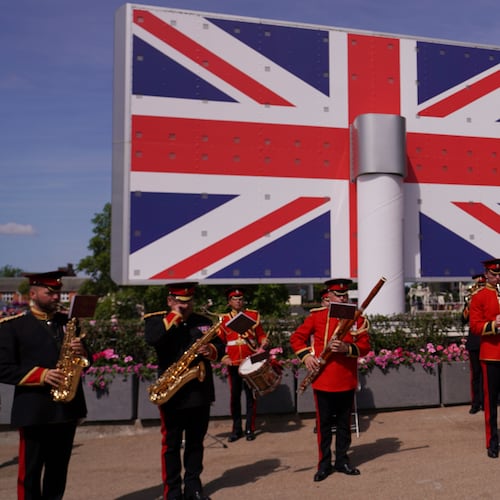The music blaring shocked us, although it was not unfamiliar. Two weeks ago, my friend and I were walking in Shanghai’s Sun Yat-Sen Park, enjoying a rare moment outdoors. Leaving the apartment still made us nervous, but we were getting stir-crazy after so much idle time indoors. We figured that the likelihood of getting infected with the new coronavirus was small; becoming depressed from being cooped up inside without sunlight and fresh air was not.
When I first heard of the coronavirus outbreak, I immediately limited my time going outdoors. Soon, however, I began to feel isolated in my tiny apartment, so my friend invited me to stay with her so we could keep each other company. For a week we almost never left the apartment, passing the time cooking, reading, and watching Rick and Morty episodes.
When we had to go outside, my friend and I always took precautions. We put on our blue medical masks, kept away from the few people we encountered, and abstained from touching any surface. Back in the apartment, we would immediately disinfect our cell phones and coats and ritualistically scrub every inch of our hands. Only once we got back inside did we feel comfortable taking off our medical masks. All of these precautions became standard with the outbreak of the coronavirus a week before, an event that has fundamentally altered the tenor of Chinese society.
This is why it was so startling to hear that booming music, the characteristic sign of Chinese square-dancing. Life had already changed so fundamentally that this once ubiquitous sound felt impossible. Jarring yet fervently welcome, my friend and I laughed out loud when we heard this music and hurried towards it.
In ordinary circumstances, elderly people dancing in sync to booming music is a universal sight in any public space in China. For the observer, Guangchang wu, literally “public-square dance,” is at once comical and inspiring. You have to see it in person to fully appreciate it, but basically you can imagine a group of a dozen to over a hundred elderly people dancing to songs ranging from 80’s Mandopop, to Britney Spears, to Latin swing music, depending on the group’s musical tastes.
While living first in Shenzhen and then in Shanghai for the past 8 months, I have always admired the vibrancy of public spaces in China. Every park burst with people young and old engaged in activities such as playing basketball and soccer, practicing Tai Chi, running, flying kites, and writing water calligraphy on the sidewalk with giant brushes. This energy rooted in communal activity is one of the most engaging aspects of life in China.
When we got to the square, my friend and I groaned in disbelief. In the middle of an expansive public square that in ordinary times would be packed with square dancers, just one elderly couple, wearing medical masks, was dancing to the music, with a few mask-clad onlookers nearby.
My friend and I continued to watch as the man tenderly twirled his wife around and around to the decades-old pop song. We were mesmerized by their defiant refusal to stop doing what they love, with the person that they love, even in these terrifying times. Finally, though, it was time for the music to stop. One of the onlookers turned off the speaker, placed it on the back of a nearby motorcycle, and whirred away, leaving the rest of us to fade back into silent reality.
The next day, I made an unexpected trip back home to Georgia. I decided last-second to relocate after hearing that airline companies were canceling flights in and out of China, and the White House was considering an outright ban. I’ve been living at my mom’s house in North Georgia, where we are staying in self-imposed quarantine for two weeks. It is highly unlikely that I have contracted the coronavirus, but I’m taking this precaution to prevent the catastrophic scenario of bringing it back to North Georgia.
My friend, who is Chinese, has remained in Shanghai. She says that she, like so many others during this crisis, feels claustrophobic and at times depressed after so much time indoors. Last week, I messaged her on WeChat, mentioning that I had just taken my mom’s dog Arthur for a walk around the neighboring cow pastures and woods. My friend replied, “The next time you take Arthur for a walk, can you videocall me? I miss going outside.” So the next day I took her around the hills of North Georgia, a world away from the country where she and millions upon millions of others continue to live life amid the uncertainty.
Will Morris IV grew up in Northeast Georgia and graduated from Harvard University. He works in education in China and is also a writer.
About the Author
Keep Reading
The Latest
Featured


